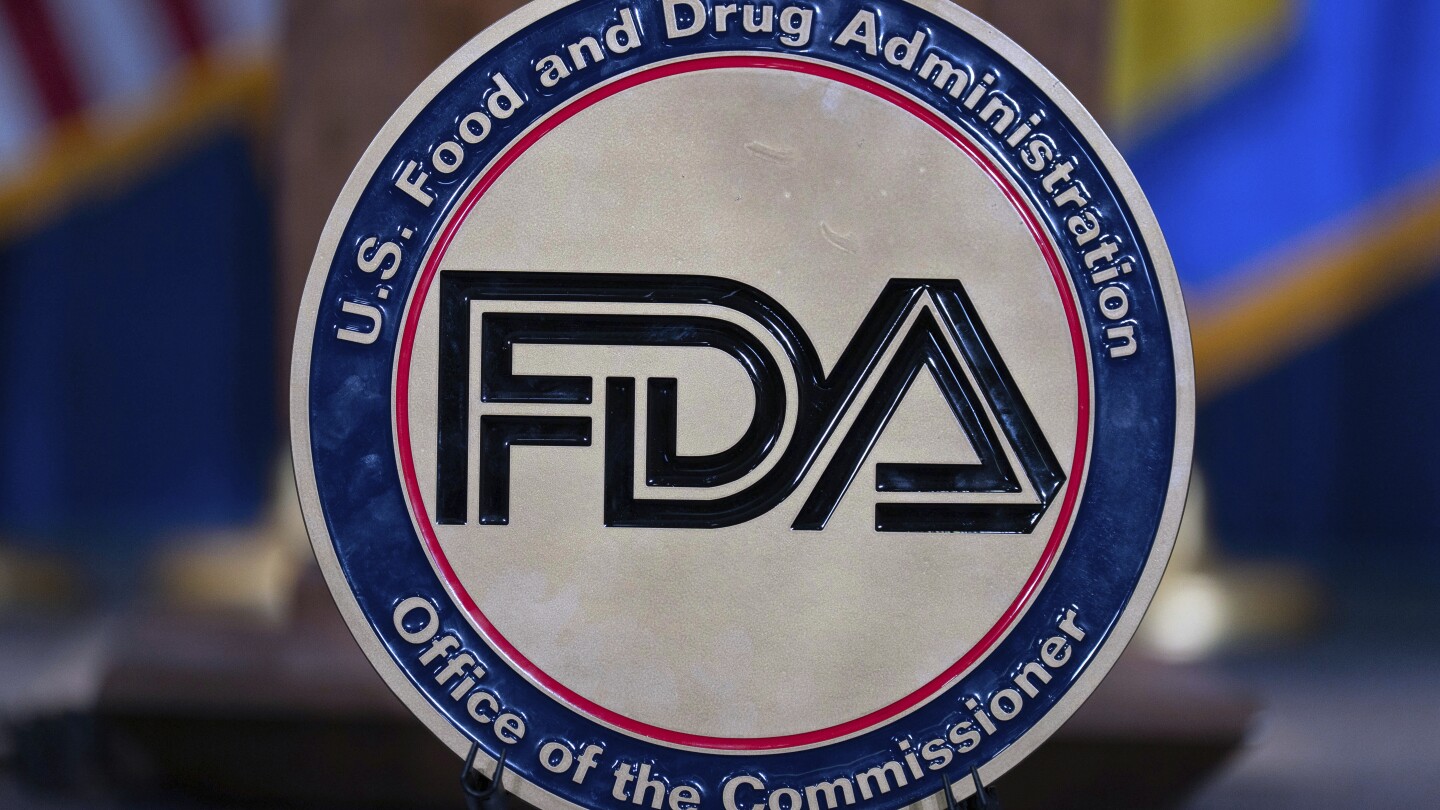After massive shrimp recalls, the FDA finds radioactive contamination in spices too
Federal regulators have detected possible radioactive contamination in a second food product sent to the U.S. from Indonesia, even as recalls of potentially tainted shrimp continue to grow. The discovery adds to questions about the source of the unusual problem.
U.S. Food and Drug Administration officials last week blocked import of all spices from PT Natural Java Spice of Indonesia after federal inspectors detected cesium 137 in a shipment of cloves sent to California.
That follows the import alert imposed in August on the company PT Bahari Makmuri Sejati, or BMS foods, which sends millions of pounds of shrimp to the U.S. each year.
Here’s what you need to know about potential cesium 137 contamination:
What is cesium 137?
Cesium 137 is a radioactive isotope created as a byproduct of nuclear reactions, including nuclear bombs, testing, reactor operations and accidents. It’s widespread around the world, with trace amounts found in the environment, including soil, food and air.
What have U.S. officials found?
U.S. Customs and Border Protection officials detected cesium 137 in shipping containers of shrimp sent by PT Bahari Makmur Sejati to several U.S. ports. CBP officials flagged the potential contamination to the FDA, which tested samples of the shrimp and detected cesium 137 in one sample of breaded shrimp.
The company has sent about 84 million pounds (38 million kilograms) of shrimp to U.S. ports this year, according to data from Import Genius, a trade data analysis company. It supplies about 6% of foreign shrimp imported in the U.S.
This month, FDA officials detected cesium 137 in one sample of cloves exported by PT Natural Java Spice, which sends spices to the U.S. and other countries. Records show the company sent about 440,000 pounds ( 200,000 kilograms) of cloves to the U.S. this year.
What are the health risks?
No food that triggered alerts or tested positive has been released for sale in the U.S., FDA officials emphasized.
But hundreds of thousands of packages of imported frozen shrimp sold at Kroger and other grocery stores across the U.S. have been recalled because they may have been manufactured under conditions that allowed them to be contaminated, the agency said.
Although the risk appears to be small, the foods could pose a “potential health concern” for people exposed to low levels of cesium 137 over time.
The levels of contamination detected are far below the level that could trigger the need for health protections, but long-term exposure could raise the risk of certain cancers.
Where did the contamination come from?
It’s not clear whether there’s a common source of contamination for the shrimp and the spices. FDA and CBP officials said their investigations are continuing. The two processing facilities appear to be about 500 miles (800 kilometers) apart in Indonesia.
Contaminated scrap metal or melted metal at an industrial site near the shrimp processing plant in Indonesia may be the source of the radioactive material, according to the International Atomic Energy Agency. Nuclear regulators in Indonesia said they detected the radioactive isotope at the site outside Jakarta.
It’s possible that that type of contamination could come from recycling old medical equipment that contained cesium 137, according to Steve Biegalski, a nuclear medicine expert at the Georgia Institute of Technology.
Contaminated transport containers or shipping methods, such as trucks, boats or shared materials could also be a source, he said.
What should consumers do?
For now, consumers should avoid eating or serving shrimp recalled for possible cesium 137 contamination, the FDA said.
To date, four firms have issued recalls of shrimp since August, including those listed here.
1. Aug. 21, 2025: Southwind Foods, LLC Recall
2. Aug. 22, 2025: Beaver Street Fisheries, LLC Recall
3. Aug. 27, 2025: AquaStar (USA) Corp Recall – Kroger Brand
4. Aug. 28, 2025: AquaStar (USA) Corp Recall – Aqua Star Brand
5. Aug. 29, 2025: Southwind Foods, LLC Recall – Expansion of original recall
6. Sept. 19, 2025: AquaStar (USA) Corp Recall – Expansion of original recall
7. Sept. 23, 2025: Southwind Foods, LLC Recall – Expansion of original recall
8. Sept. 23, 2025: Lawrence Wholesale, LLC Recall – Kroger Brand
___
The Associated Press Health and Science Department receives support from the Howard Hughes Medical Institute’s Department of Science Education and the Robert Wood Johnson Foundation. The AP is solely responsible for all content.


